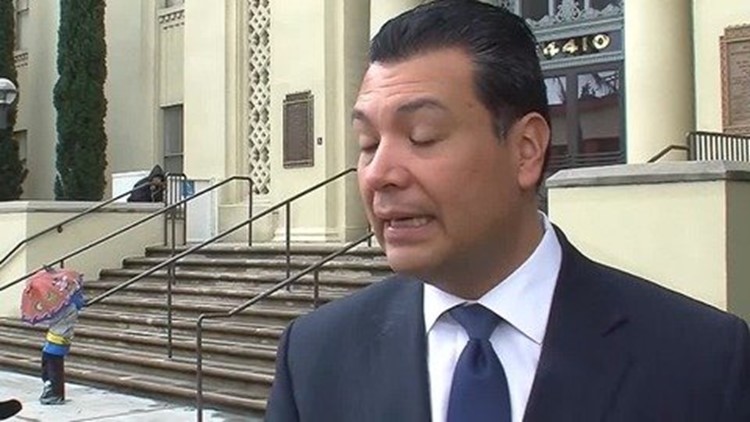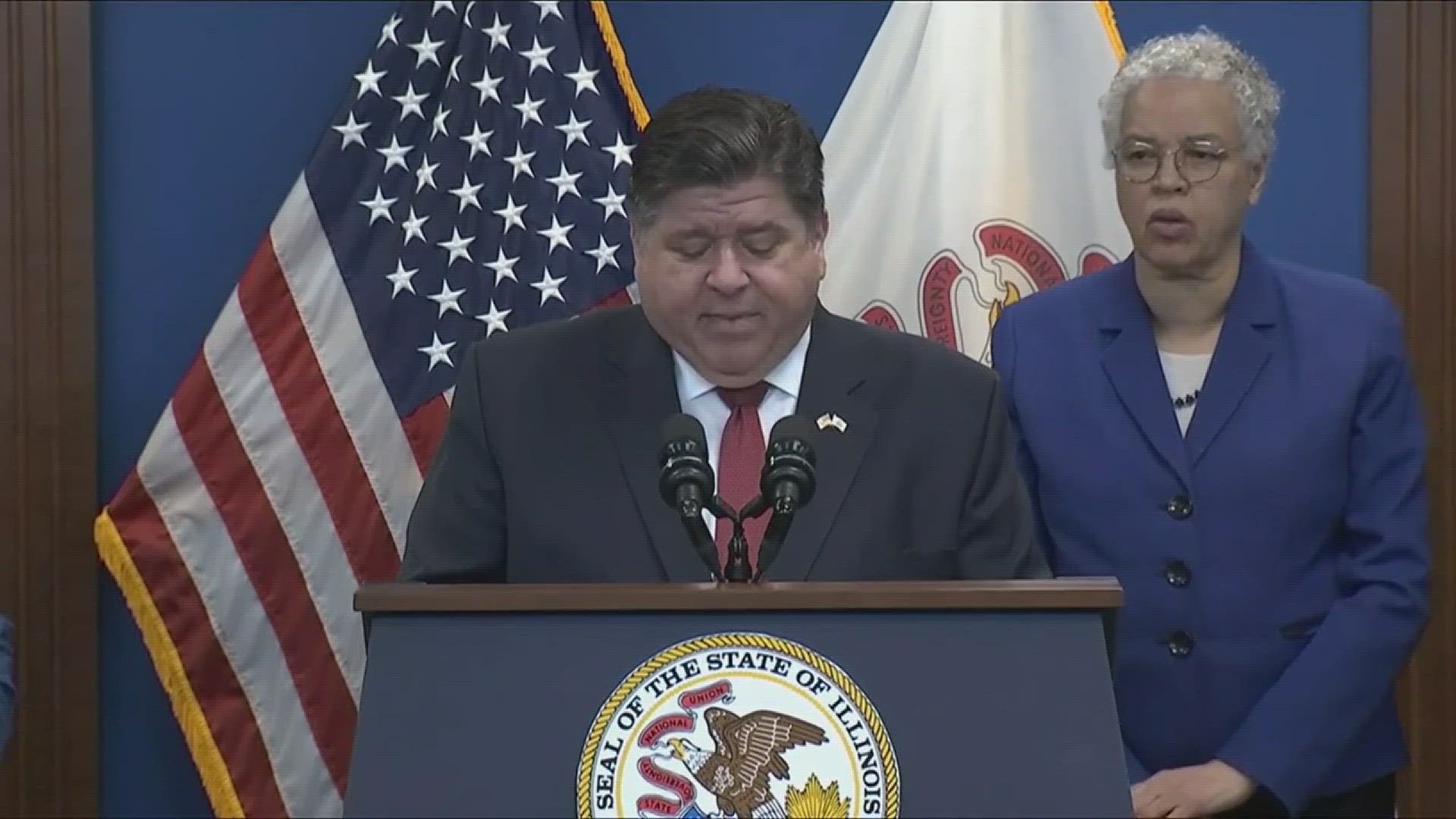WASHINGTON, DC — (CNN) Forty-four states and the District of Columbia have refused to provide certain types of voter information to the Trump administration’s election integrity commission, according to a CNN inquiry to all 50 states.
State leaders and voting boards across the country have responded to the letter with varying degrees of cooperation — from altogether rejecting the request to expressing eagerness to supply information that is public.
Kansas Secretary of State Kris Kobach, vice chairman of the Presidential Advisory Commission on Election Integrity, which President Donald Trump created by executive order in May, sent a letter to all 50 states last Wednesday requesting a bevy of voter data, which he notes will eventually be made available to the public.
The order came months after Trump claimed without evidence that millions had voted illegally in the 2016 presidential election. When states began to express concerns about the legality of his administration’s efforts to investigate voter fraud, Trump called them out on Twitter on Saturday, questioning whether they were hiding something.
“Numerous states are refusing to give information to the very distinguished VOTER FRAUD PANEL. What are they trying to hide?” Trump tweeted.
The information the commission is seeking includes registrants’ full names, addresses, dates of birth, political parties, the last four digits of their social security numbers, a list of the elections they voted in since 2006, information on any felony convictions, information on whether they were registered to vote in other states, their military status, and whether they lived overseas.
“The Pew Center estimated last year that 1.8 million deceased people are still on the voter rolls throughout the states,” Kobach told Cooper. “They said that’s an estimate. They think it’s a low estimate. Now, for the first time, we can actually bounce the states’ voter rolls against the Social Security administration’s own database to find out how many of those people actually are on the voter rolls.”
The Kansas secretary also addressed the criticism from several secretaries of state over the past few days that the commission might be seeking to legitimize Trump’s assertions that widespread voter fraud cost him votes last November.
“First of all, the commission is not to prove or disprove what the President speculated about in January,” Kobach said. “The purpose of the commission is to find facts and put them on the table. Importantly, it’s a bipartisan commission.”
But the commission, which is chaired by Vice President Mike Pence, seemed to misunderstand voter privacy laws nationwide. Every state that responded to the commission’s letter said it could not provide Social Security numbers, for example. Others said they consider information such as birth dates and party affiliations to be private.
What’s more, Kobach asked states to supply the information through an online portal. Many states have rejected this specific request, noting that the commission should file a voter information request through established state websites, as any other party would.
As of Tuesday afternoon, two states — Florida and Nebraska — are still reviewing the commission’s request. Another two states — Hawaii and New Jersey — have not returned CNN’s request for comment. And while six states are still awaiting a letter from the commission, four of them — New Mexico, Michigan, South Carolina and West Virginia — have already pledged not to provide voters’ private information. The other two of those six states, Arkansas and Illinois, have not released statements ahead of receiving the letter.
Just three states — Colorado, Missouri and Tennessee — commended Kobach’s attempt to investigate voter fraud in their respective statements



